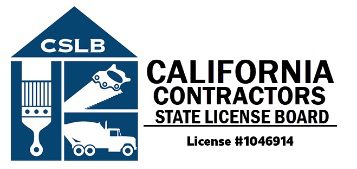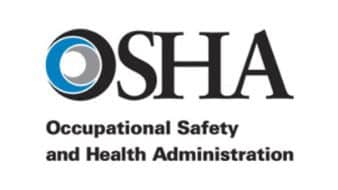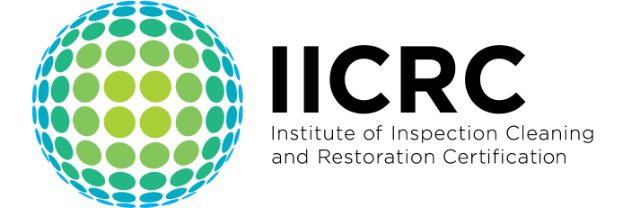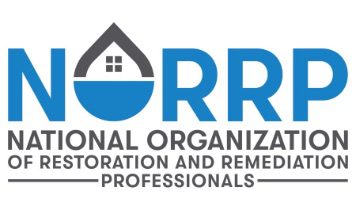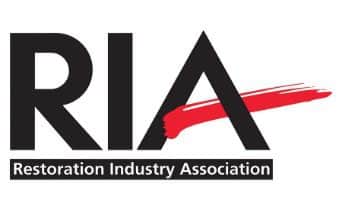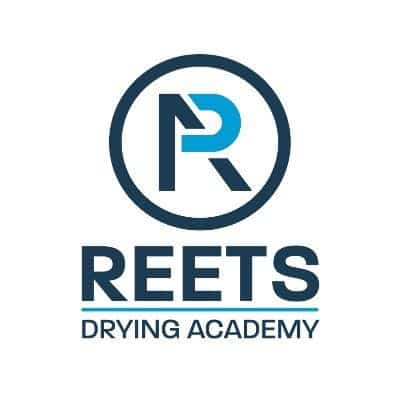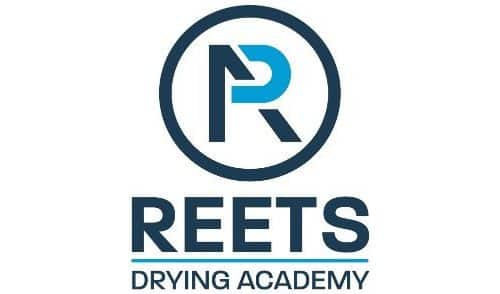Clearing the Air: Essential Items to Toss After Smoke Damage
Clearing the Air: Essential Items to Toss After Smoke Damage
One of the most heart-wrenching experiences a person can have after a fire or natural disaster is determining what to keep and what is damaged beyond repair. Often, these choices are easy, determined by visible, irreparable damage. However, in other situations, the line isn’t as clear-cut.
Today, we’ll help clarify the items that are typically beyond salvageable after a smoke damage incident. From porous materials prone to absorbing odors to safety hazards posed by compromised electrical appliances, we’ll offer information that can help you decide what to discard to ensure the safety and well-being of your home and family following a fire.
How to Know What to Throw Away After Smoke Damage
After a fire or smoke damage incident, it can be very challenging to determine which items can be salvaged and which ones should be discarded. Naturally, we want to keep as many items as possible to protect our memories and avoid adding to the frustrating financial toll of the incident. However, some items are just unsafe to have around after they’ve been affected by smoke.
Here are some guidelines to help you make that decision.
1. Porous Materials
Porous materials like fabric, upholstery, carpeting, and mattresses are particularly susceptible to absorbing smoke odors and can be challenging to clean thoroughly. In many cases, it's best to discard these items to eliminate the lingering smell and potential health hazards associated with breathing in smoke residue.
2. Food Items
Food exposed to smoke can become contaminated and unsafe to consume. Perishable items, packaged foods, and even canned goods should all be thrown away to prevent foodborne illnesses.
3. Medication and Cosmetics
Smoke can compromise the integrity and efficacy of medications and cosmetics. Inhalation or ingestion of these products after exposure to smoke can pose very serious health risks. We typically advise discarding any medication or cosmetic items that were not stored in completely airtight, smoke-free containers.
4. Electronics and Appliances
Electrical appliances and devices exposed to smoke may suffer internal damage, posing a future risk of malfunction or electrical fire. It's essential to have these items inspected by a professional before attempting to use them again. When in doubt, err on the side of caution and replace them.
5. HVAC Systems
Heating, ventilation, and air conditioning (HVAC) systems can distribute smoke particles throughout your home, contaminating the air and exacerbating indoor air quality issues. It's crucial to have your HVAC system inspected and cleaned by a qualified professional to ensure safe operation.
6. Children’s Toys and Pet Items
Items that children or pets come into direct contact with, such as toys, bedding, and pet supplies, should be carefully inspected for smoke damage. Porous materials should be discarded, while hard surfaces can be cleaned and disinfected following appropriate guidelines.
Let Our Experts Help Restore Your Home
Working with experts can help you navigate the aftermath of smoke damage and get you back into your home faster. For more information on how the team at Dry Kings Restoration can support you, contact us today.
Contact
More News
Newsletter
Sign up and receive valuable tips to help you protect your residential building or commercial property from damages.
Awards
